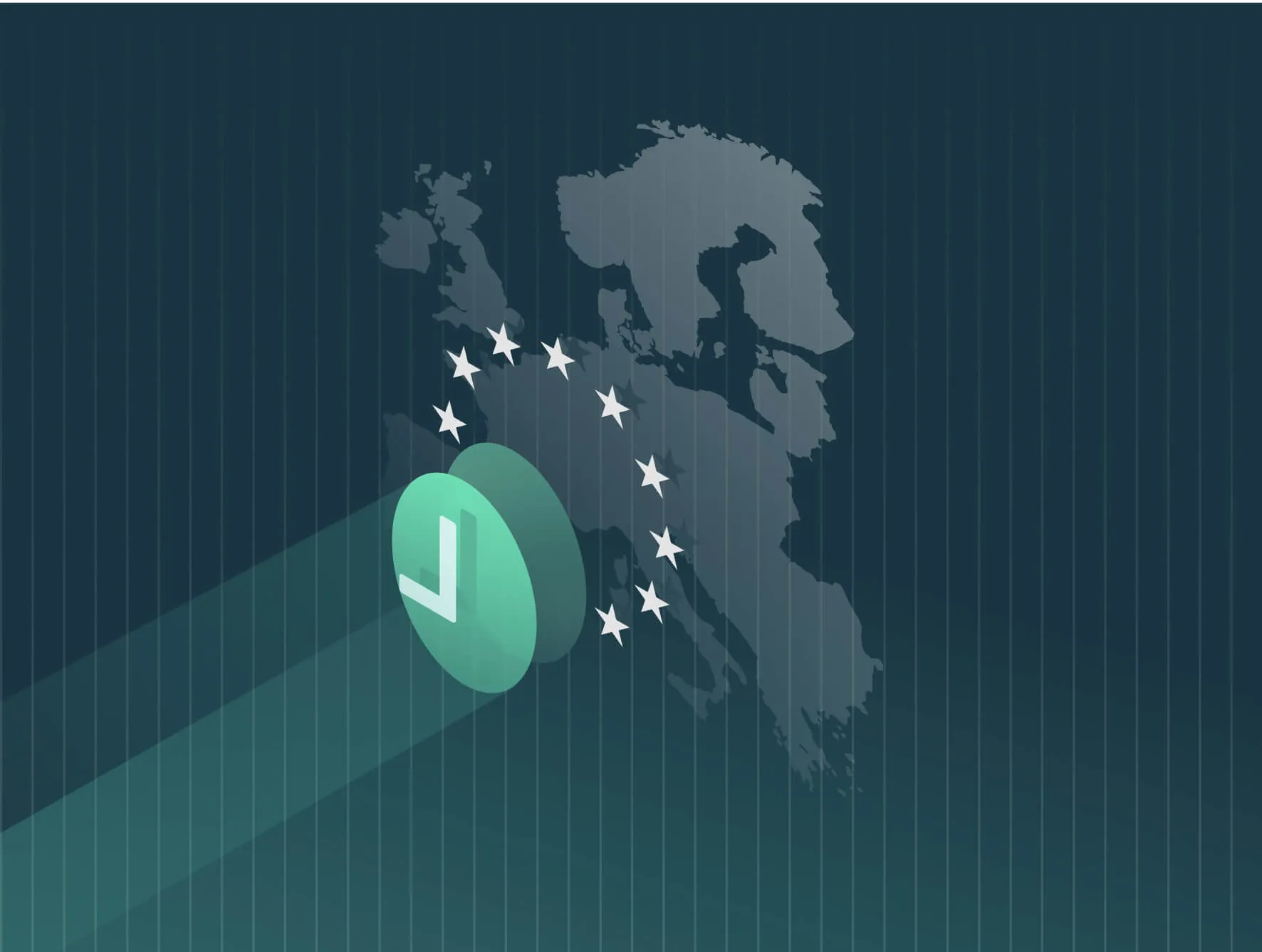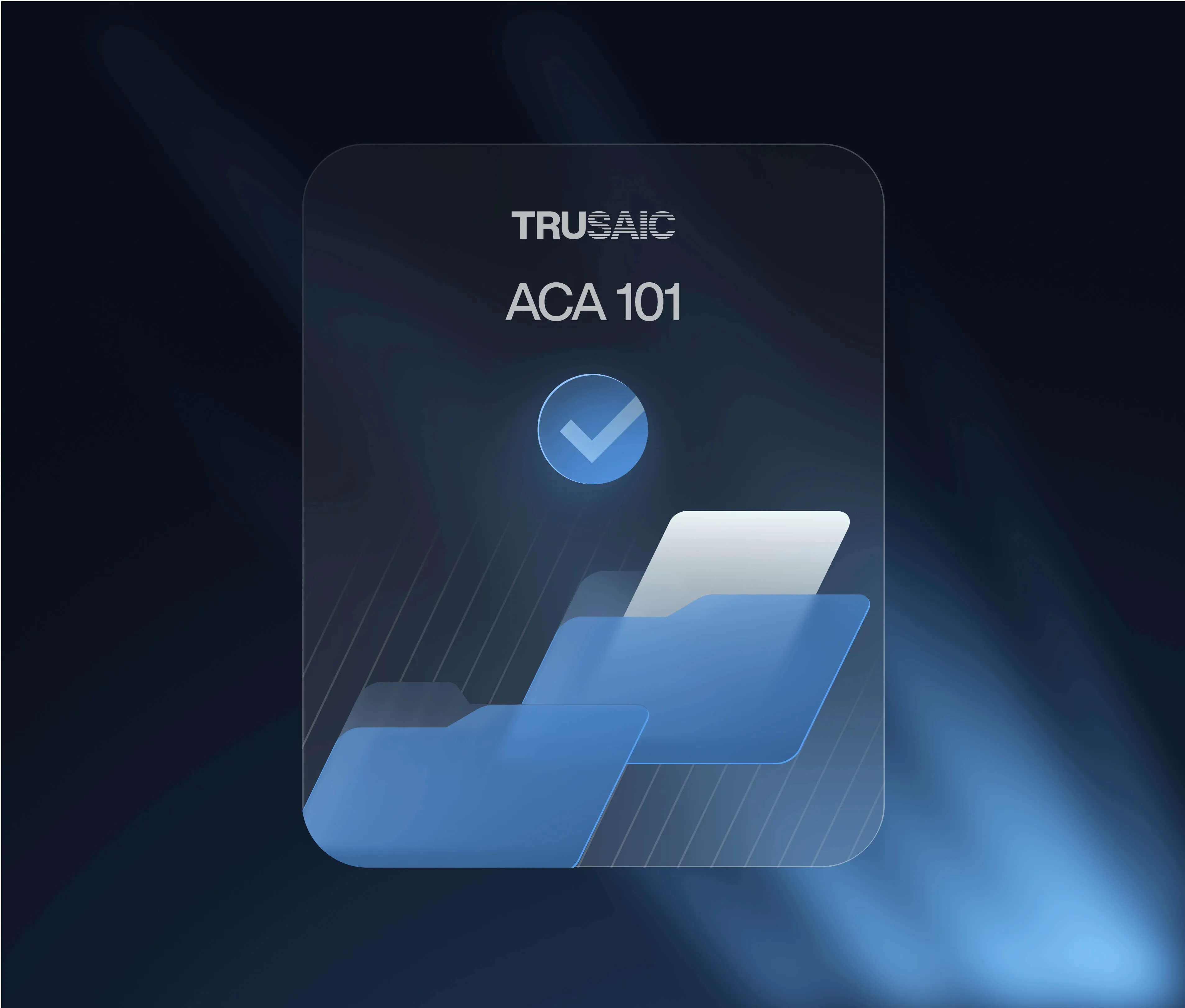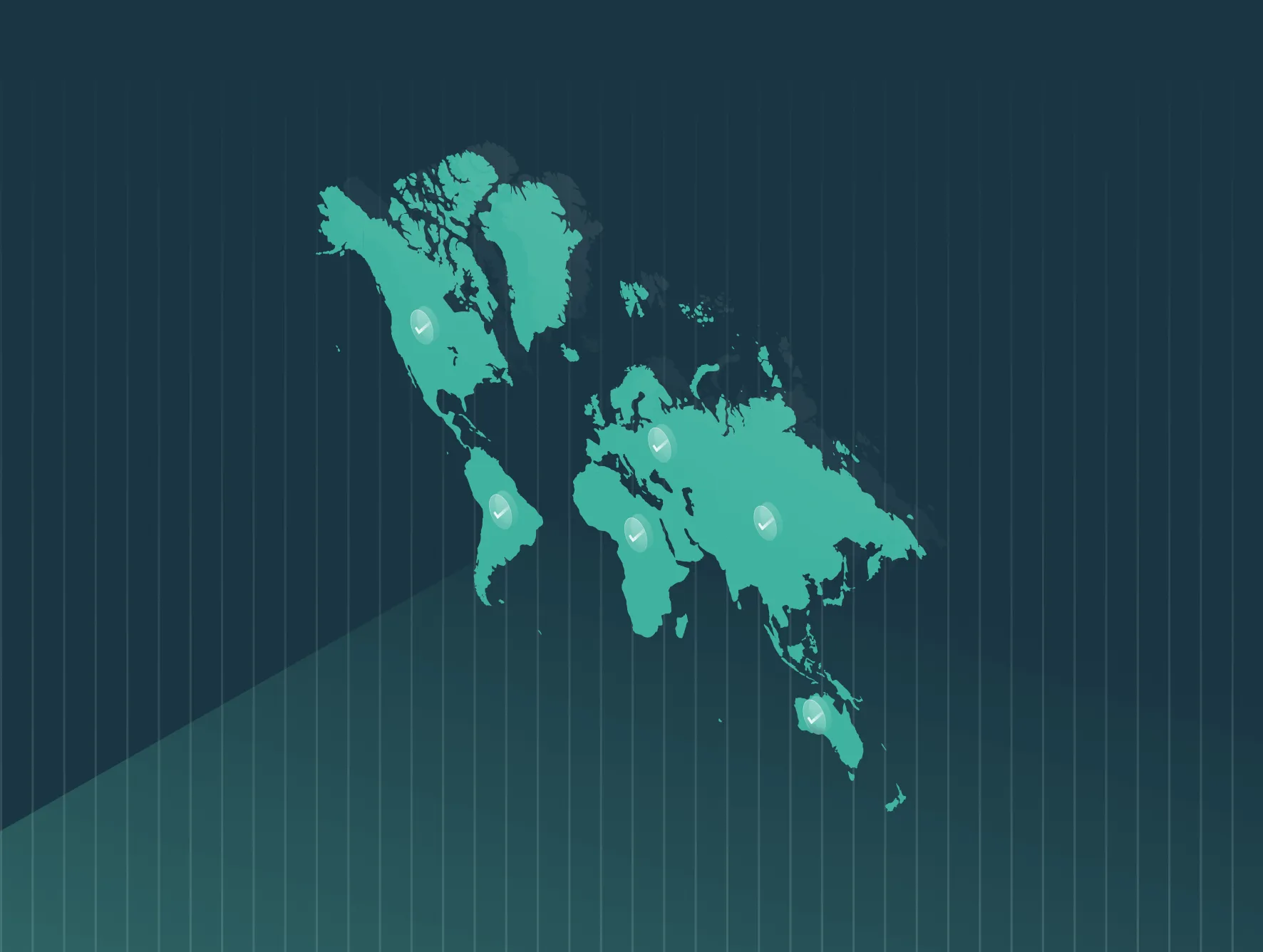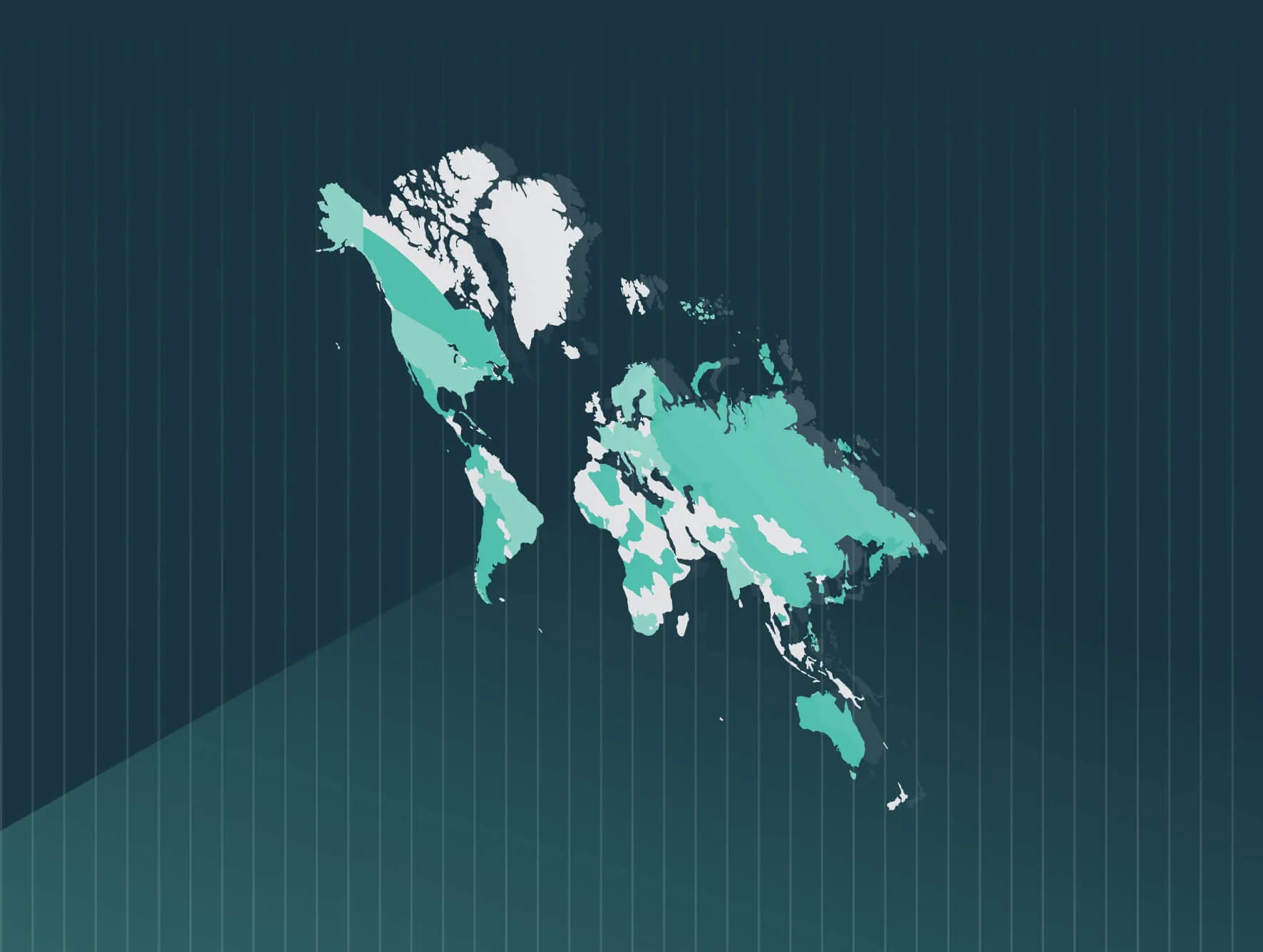Latvia currently does not require private-sector employers to submit gender pay gap reports. However, as part of the Law on Remuneration of Officials and Employees of State and Local Government Authorities, all public-sector employers must report employee compensation to a centralized government registry.
As an EU Member State, Latvia is required to transpose the EU Pay Transparency Directive (EUPTD) into national law by June 7, 2026. Draft legislation has not yet been published. This guide will be updated accordingly once it is.
Track the latest EU Member State transposition developments with our monitor.
Latvia reporting requirements
Who needs to report?
Latvia’s current requirements apply only to the public sector:
- Government institutions must submit remuneration data to the Ministry of Finance, which maintains a Remuneration Registration System for officials and employees in state and local government bodies.
- Private-sector employers are not currently required to report pay gaps or pay equity information.
Under the EU Pay Transparency Directive, all employers with 100 or more employees (at a minimum) will eventually be required to report, with phased deadlines based on size:
- 250+ employees: Reporting begins in 2027 for 2026 data.
- 150–249 employees: Reporting begins in 2027 (triennial).
- 100–149 employees: Reporting begins in 2031 (triennial).
What to report?
Employers will be required to disclose the following metrics:
- Mean and median gender pay gaps for total and variable pay.
- The share of male and female employees receiving variable compensation.
- Gender distribution across pay quartiles.
- Gender pay gaps by category of worker.
If an unjustified pay gap of 5% or more is found within a category and persists for six months, employers must conduct a Joint Pay Assessment with worker representatives.
Where and when to report?
Regulatory Filing: Reports will need to be submitted to a designated authority. Latvia has not yet confirmed the regulatory body responsible for pay gap reporting.
Internal & Public Disclosure:
- Employers must certify data accuracy.
- Reports must be shared with employees and made publicly accessible.
- Works councils (where present) must be consulted on findings and remediation plans.
Deadlines and cadence:
- 250+ employees: Annual reports due beginning 2027.
- 150–249 employees: Every three years starting 2027.
- 100–149 employees: Every three years starting 2031.
Latvia pay transparency requirements
Although Latvia has not yet implemented pay transparency obligations, under the EUPTD, all employers will be required to:
- Include salary ranges in job postings or provide them before interviews.
- Prohibit asking about salary history during recruitment.
- Allow employees to request pay criteria: Employees will be able to request written information on pay levels, progression criteria, and average gender pay levels for roles of equal value.
Employment equity standards
Latvia Labour Law guarantees the right to equal pay through:
- Labour Law (Section 60): Equal pay must be provided for the same or equivalent work, without discrimination based on gender or other characteristics.
- Law on Remuneration of Officials and Employees of State and Local Government Authorities: Establishes centralized oversight of public-sector compensation.
However, there are no formal consequences currently codified for non-compliance with public-sector reporting, and no pay equity reporting obligations exist for private-sector employers.
The risks of non-compliance
There is no consequence for non-compliance under the current reporting requirements in Latvia. However, once the EUPTD is transposed into Latvian law, employers may face:
- Reversal of burden of proof in discrimination claims.
- Fines and penalties for failing to meet reporting or transparency requirements.
- Reputational risks if pay gaps are published without explanation or remediation.
Latvia’s proposed EU Directive legislation
Latvia has not yet published a draft law transposing the EUPTD. However, as required by the EU, key provisions will likely include:
- Gender pay gap reporting for employers with 100+ workers.
- Salary range disclosure and salary history bans.
- Mandatory Joint Pay Assessments for persistent unjustified gaps.
- Right to information for all employees.
How Trusaic helps employers comply with Latvia’s requirements
1. Comply – Use RAPTR™ to complete required reporting by compliance deadlines.
Stay ahead of evolving regulations with Trusaic’s Regulatory Pay Transparency Reporting™ solution, designed to help you determine applicability, meet deadlines, and submit compliant reports across EU jurisdictions with the click of a button.
Our Pay Equity Software Suite ensures your pay systems are legally defensible, gender-neutral, and future-proof — automating complex reporting and enabling GDPR-compliant data sharing through certified integrations with major HCM platforms.
2. Correct – Use PayParity® to understand, explain and resolve pay disparities.
Use PayParity to identify, explain, and resolve pay disparities across gender, race, age, and more. Whether you’re conducting proactive assessments or responding to compliance triggers like the EU Directive’s Joint Pay Assessment requirement, PayParity delivers defensible, data-driven insights. Our Remediation Optimization Spend Agent (R.O.S.A.) works as PayParity’s AI remediation partner to ensure you lower your pay gap below 5% while maximizing the ROI of your remediation budget.
3. Communicate – Use the Pay Equity Product Suite to communicate narratives and share salary ranges with confidence.
Comply confidently with the EU Directive’s pay range transparency mandates using Trusaic’s Salary Range Finder, which provides data-driven guidance for equitable pay ranges that can be shared with candidates and employees.
Our Pay Transparency Agent answers reporting questions instantly, and our Communications Agent crafts context-specific narratives — in any language — to support your public disclosures and internal communications.
How to prepare to comply with the EU Directive
To prepare ahead of Estonia’s legislative changes, employers should:
- Conduct thorough pay equity audits and identify disparities
- Review job architecture, classification systems, and wage structures
- Train HR and legal teams on anticipated transparency and reporting obligations
- Update hiring processes to include salary range offers and remove salary history questions
Trusaic is GDPR-compliant and supports organizations across the EU in meeting both EU Pay Transparency Directive and EU Corporate Sustainability Reporting Directive obligations.
FAQs
-
Does Latvia currently require gender pay gap reporting?
Only public‑sector employers must submit compensation data. Private‑sector reporting is not currently mandated.
-
When will new reporting requirements apply to private employers?
The EU Directive requires Latvia to transpose reporting obligations into law by June 7, 2026, with reporting starting as early as 2027 for large employers.
-
Will Latvia require salary range disclosures in job ads?
Yes. Under the Directive, employers will be required to disclose pay ranges either in job postings or before interviews.
-
What are the penalties for non-compliance?
Once the Directive is implemented, penalties may include fines, legal risk, and reputational damage, although specific enforcement measures have not yet been defined in Latvian law.
-
What is a Joint Pay Assessment?
If an unjustified gender pay gap of 5% or more is found and persists for six months, employers will be required to conduct a collaborative review with employee representatives to identify and correct the causes.







